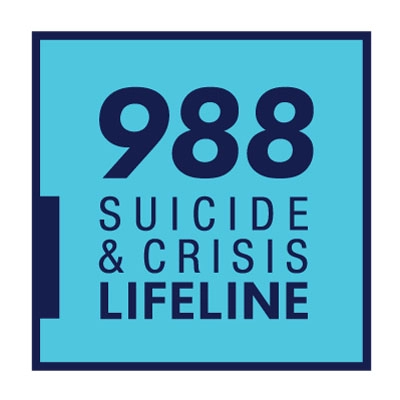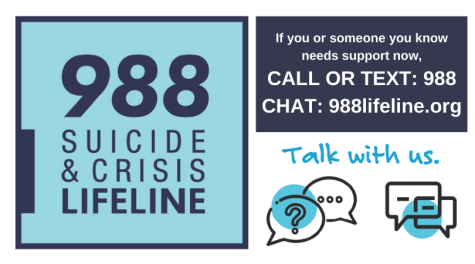Seasonal Affective Disorder is not just the “winter blues”

October 26, 2022
Seasonal affective disorder, also known as SAD, is a type of depression that is related to changes in weather. SAD begins and ends around the same time every year, either beginning in fall and ending in winter or beginning in spring and ending in summer. Don’t forsake seasonal depression as a yearly case of “winter blues” or a seasonal funk that you have to manage on your own. Getting professional assistance to work towards keeping your mood and motivation stable throughout the year may be helpful.
Depression is a common mental illness and affects millions of people each year, yet it is widely misunderstood. There are many different factors as to what causes depression: family history, imbalances of certain chemicals, major life changes, major illness, use of alcohol and/or other drugs, or certain medication. Depression can also occur for no apparent reason.

Symptoms:
- Feeling sad or down nearly every day.
- Losing interest in activities you once enjoyed.
- Problems sleeping too much or too little and having low energy.
- Overeating or not eating enough.
- Having difficulties concentrating.
- Feeling hopeless, worthless, or guilty.
- Having thoughts of not wanting to be alive.
Treatments:
- Light therapy (Phototherapy)- A person sits a few feet from a special light box so they are exposed to bright light within the first hour of waking up each day. The light mimics natural outdoor light that causes a change in brain chemicals linked to mood.
- Psychotherapy (Talk therapy)- This type of therapy is known as cognitive behavioral therapy and can help a person learn about their mental health and come up with coping skills that will help them manage their struggles.
- Medications- People with SAD may benefit from an antidepressant which will prevent depressive episodes.
If you or someone you know is struggling with SAD, or any mental illness for that matter, do not be afraid to reach out to a professional or someone you trust. Don’t keep problems to yourself. Talking to someone can help you overcome difficult situations-and feel better. Help is always out there!
For immediate help, call 988 a national suicide and crisis lifeline.
You can also visit the NPHS Counseling Office website to find helpful online resources or to find out how to contact a counselor.
No matter what challenges you may be facing, you are not alone.
All information provided by “What everyone should know about depression,” Channing Bete Company


Frau • Oct 28, 2022 at 12:10 pm
Thanks for sharing about this Astrid!!